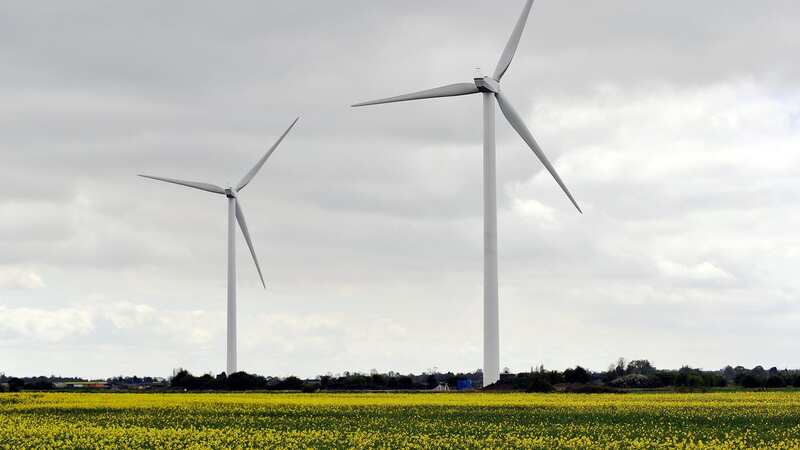UK energy firms moving investments abroad due to lack of support, says poll

A report has warned that British energy companies are shifting their investments away from the UK to other markets that better support their green goals.
The UK Sustainable Investment and Finance Association (UKSIF), which represents over 300 members with around £19 trillion in global assets, said the UK is lagging behind other countries in becoming the top market for low-carbon energy investment. In a survey of 100 decision-makers in the UK energy sector, it was found that 63% of firms have moved or plan to move investments to a more supportive market.
The poll also suggested that 87% of UK energy businesses believe policy changes are needed to make the UK an attractive place for green energy investment. Furthermore, 81% of large UK energy companies agree that the UK is falling behind other nations.
The report highlighted research showing the UK's drop from fourth to seventh place in EY's renewable energy country attractiveness index in 2023. UKSIF warned that this should serve as a stark warning for British policymakers. UKSIF has said that with the right policies, there could be £115 billion ready to flow into the UK's energy sector.
They found that nearly all the companies they asked would put more money into green projects in the UK. The group is working with its members on what needs to change to get this private money. They say three big things need to happen.
 Liz Truss has 'half a hope' she can make comeback and lead Tories in opposition
Liz Truss has 'half a hope' she can make comeback and lead Tories in opposition
First, they want to make it easier for developers to get their projects started by changing old and complicated rules. Next, UKSIF says the UK must improve its energy grid. The current problems with not enough space and taking too long to connect are scaring off investors.
Lastly, the UK should change how it sets prices for energy to help more low carbon power projects happen. It should also make sure we have enough renewable supplies by changing how the Contracts for Difference auctions work. James Alexander, who leads UKSIF, said: "An international race is under way between countries to become the most investible market for green energy and, currently, the UK is taking its leading position for granted."
He said: "Multiple decades of arcane and archaic planning rules are putting the UK energy transition in great jeopardy. We are calling for practical and cost-effective measures that will advance the transition to a green economy and bring direct benefits to both consumers and the UK economy."
"Not only do we see no excuses not to accelerate these, failure to do so limits the UK's growth potential, will continue to cause costs to consumers and threatens the UK's position as a world leader in green finance and the undisputed financier of the net zero transition."
Emma Pinchbeck, chief executive at Energy UK, which has echoed similar calls, said: "Reaching net zero will require an estimated five-fold increase in current investment levels by 2030 and around two-thirds of this will come from the private sector. This will only happen if investors have the confidence and the right environment to justify committing funding to the UK over the long term."
A Department for Energy Security and Net Zero spokesperson said: "We have a clear strategy to boost UK industry and reach net zero with over 80,000 green jobs being supported or in the pipeline since 2020, and over £200 billion in public and private low carbon investment since 2010."
"We are working closely with the private sector on strategic investment since September alone we've attracted nearly £30 billion for projects including renewables production, grid capacity and heat pump manufacturing. This is combined with the biggest reforms to the grid since the 1950s halving the time it takes to build networks and extra support for UK renewable energy projects, boosting the sustainability of their supply chains."
Read more similar news:
Comments:
comments powered by Disqus

































